Check out our press mention in Food Business News
Trillions of bacteria reside in the gastrointestinal system. This microbial community — the microbiome — has distinct physio-chemical properties that help regulate bodily functions. The healthy gut bacteria often are supplemented through the consumption of probiotics. These are live microorganisms, most often lactic acid bacteria, which when consumed in adequate amounts, help create a better-balanced microbiome.
Probiotics, prebiotics and dietary fibers are the leading ingredients that product developers are including in formulations for improved digestion. Prebiotics are the fuel for probiotics to proliferate and positively impact the body. Prebiotics frequently are equated with dietary fibers, but only a subset of dietary fibers qualify as prebiotics. Further, according to the broad scientific definition from the International Scientific Association for Probiotics and Prebiotics (ISAPP), prebiotics need not be forms of dietary fiber.
Schaumburg, Ill.-based Comet Bio has a story to tell with its arabinoxylan prebiotic fiber, which is made from upcycled wheat straw.
“We upcycle crop leftovers into healthy and sustainable ingredients,” said Hannah Ackermann, corporate communications manager. “Our proprietary technology allows us to reclaim and purify lost nutrients from food system waste for supplements, food and beverages.
“Arabinoxylan has clinically proven prebiotic and immunity benefits. Another significant advantage is its potency, allowing a front-of-pack prebiotic claim with only half the inclusion level of other prebiotics. Its lower inclusion level also enables manufacturers to incorporate it in their products without significant reformulation and for a better value.”






